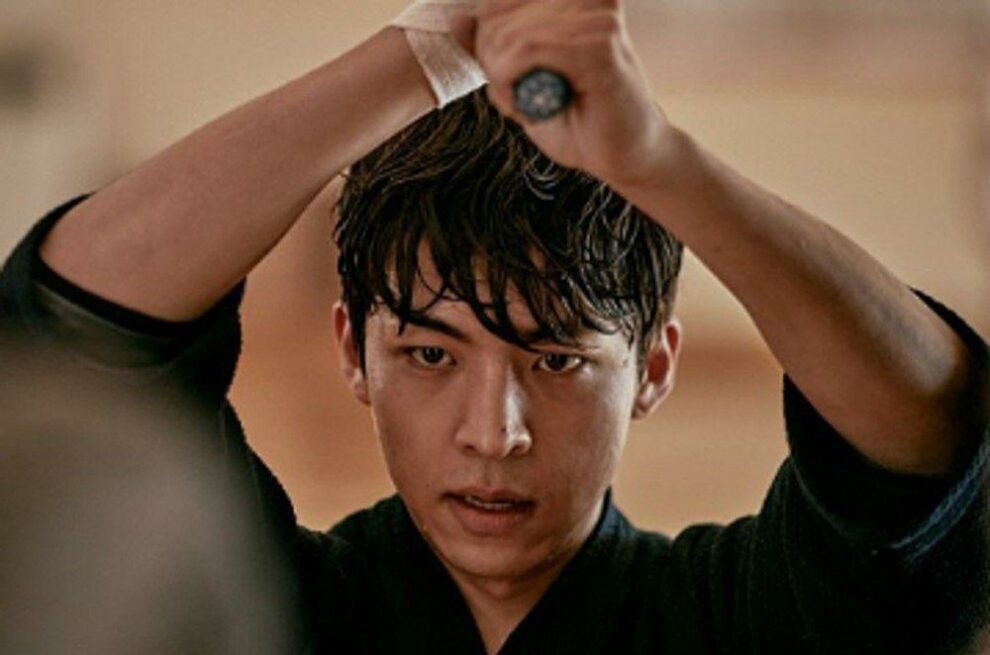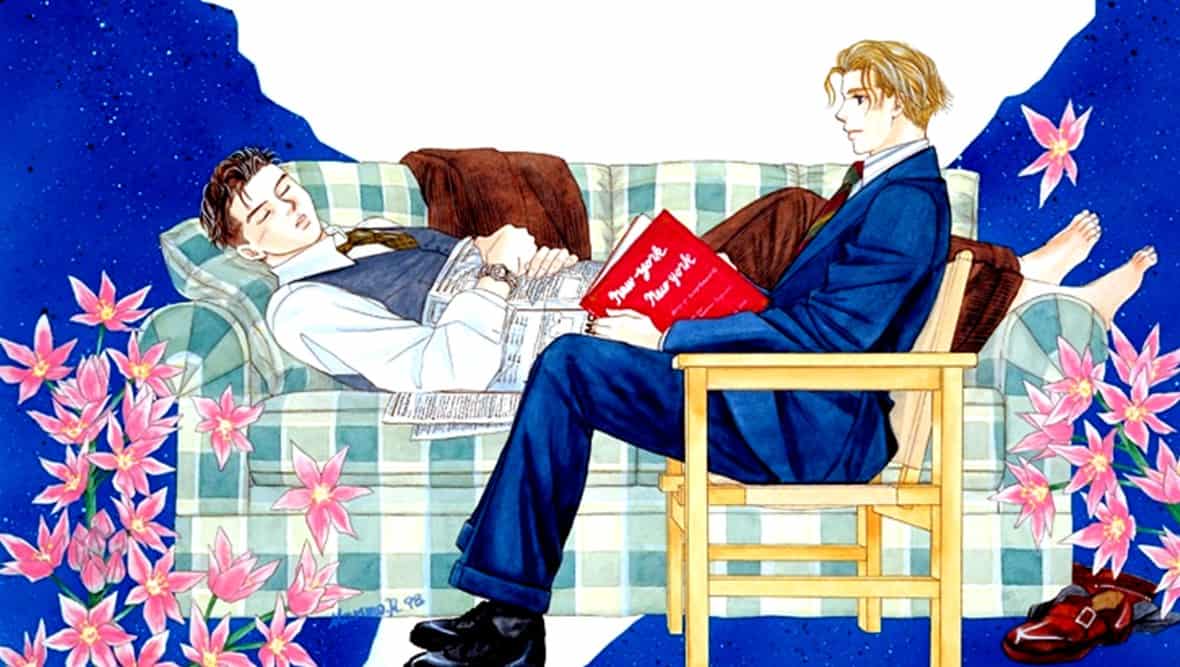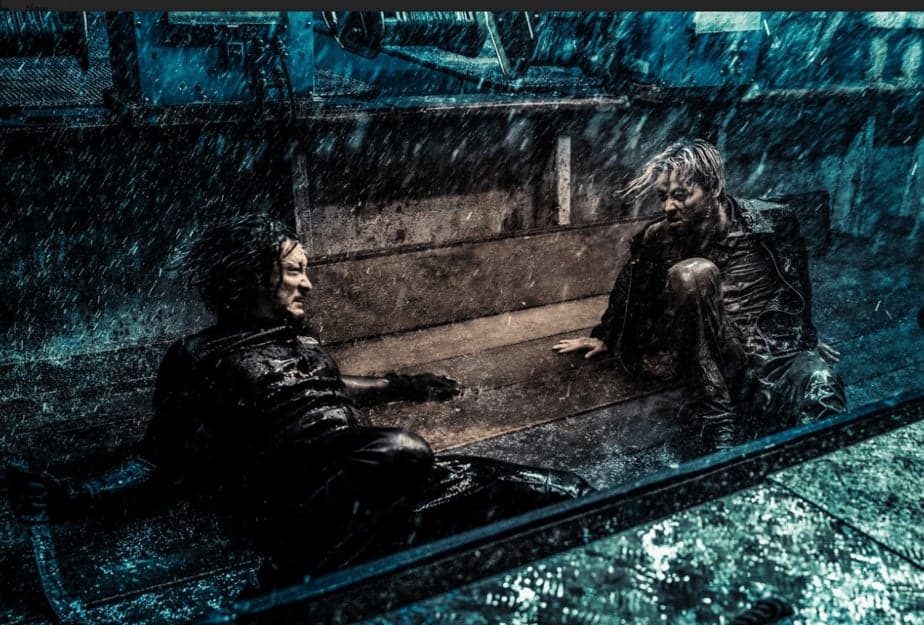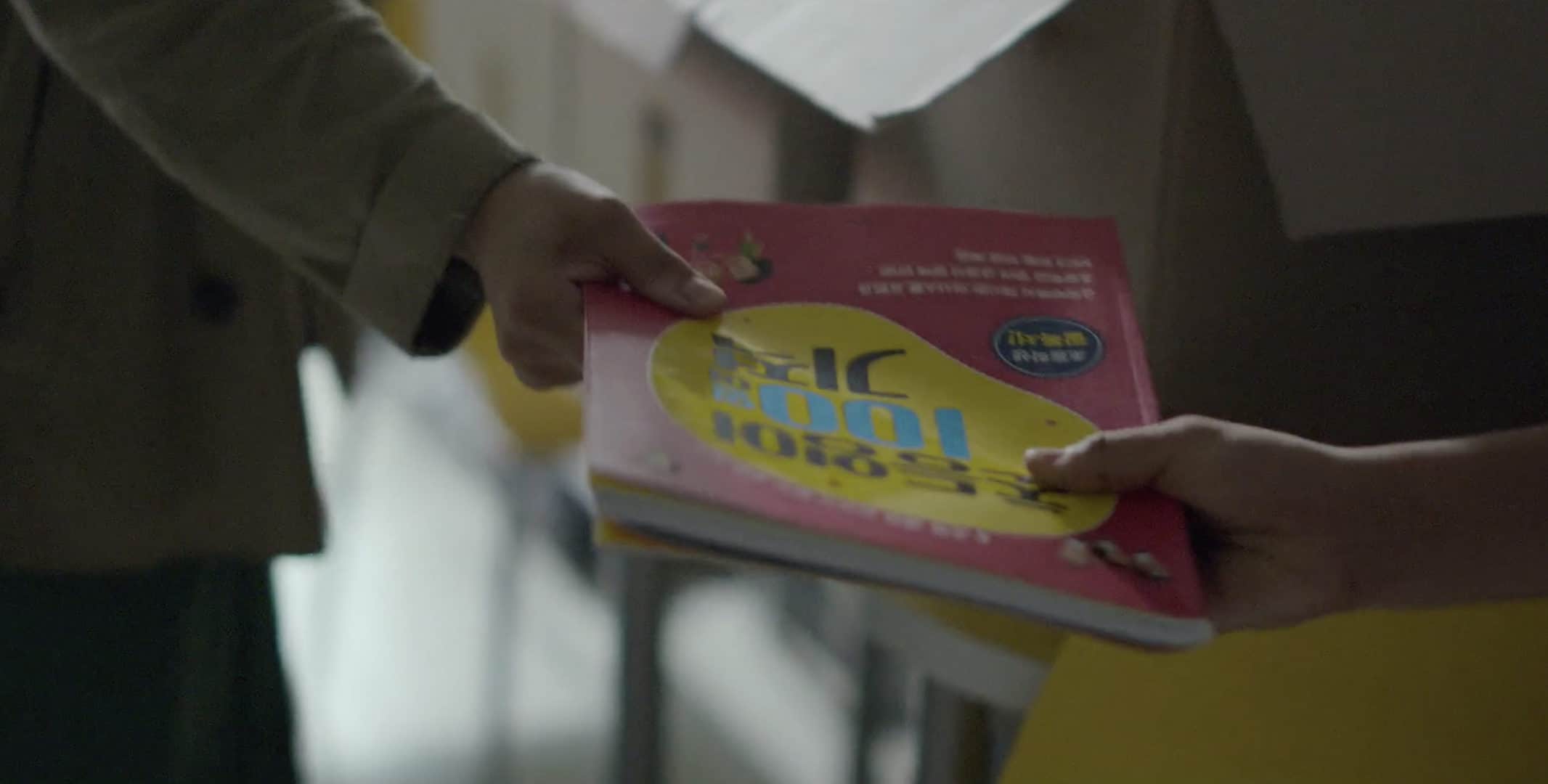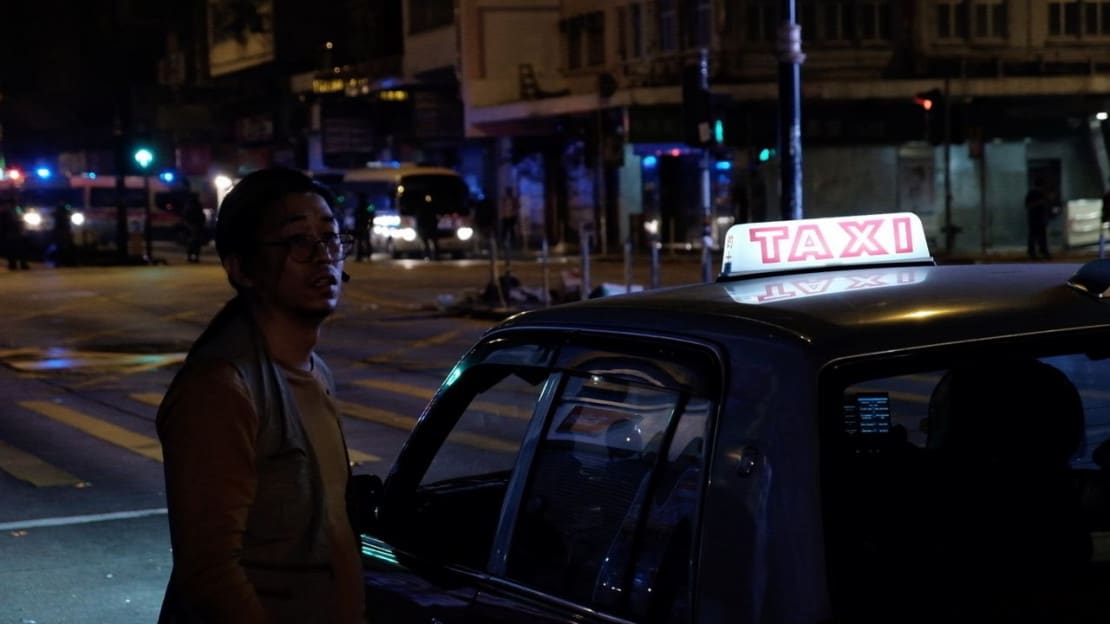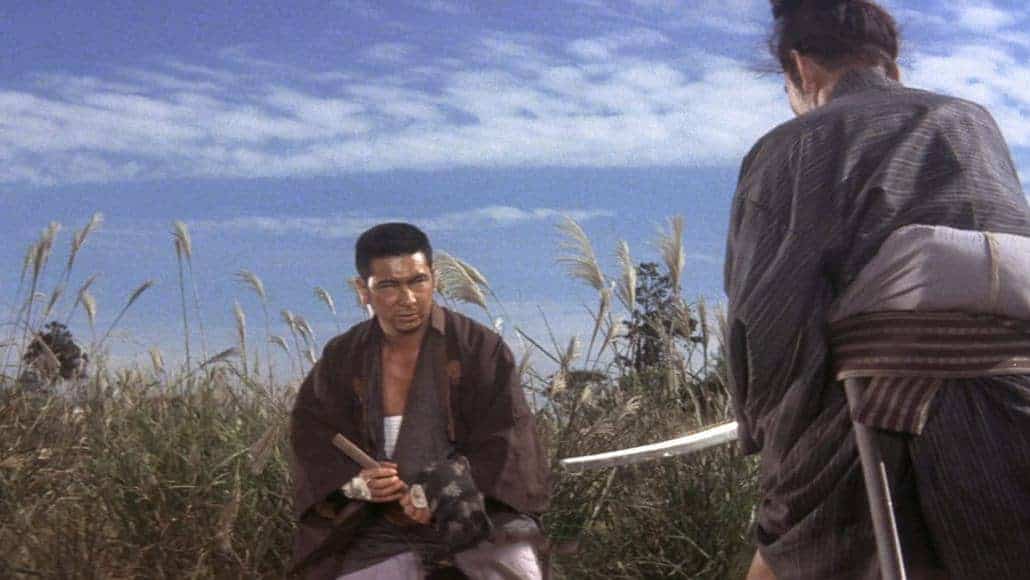Kendo, known as “Gumdo” in Korea may not have the impact or the legacy it has in Japan but is still quite popular, while also finding its place occasionally in cinema, in movies like “The Divine Weapon” and “Shadowless Sword”. Kim Sung-hwan, however, in his feature debut, comes up with a movie that focuses exclusively on the particular sport, although through an approach that is also intensely dramatic.
“Iron Mask” is screening at Bucheon International Fantastic Film Festival

Jae-woo has been selected to participate in the training camp of the national kendo team, which will determine which athletes will constitute it. The group of participants includes members of varying ages as in the case of Jun-hee, a middle aged father of two who has undergone the process a number of times, but always failed. The man immediately tries to become friends with Jae-woo and even mentor him to a point, but the young man seems to have other things in his mind. The number one in the country and the camp is Tae-su, a man who was trained by his father along with his brother, but ended up killing the latter, thus destroying Jae-woo's family essentially forever. Jae-woo never forgave neither, and the fact that his father has disappeared from the face of the Earth recently, also burdens him. Despite his intense efforts to win against his arch rival, he continuously fails, something that intensifies his frustration, which, eventually cannot be bottled up no more, despite the efforts of his coaches, Jun-hee, and the woman who is in charge of video training.
Check also this article
Kim Sung-hwan directs a film that unfolds into two intermingling axes. The first one is the realistic representation of kendo, with the focus on the training and its various aspects, which include meditation, sparring and watching videos of the matches to pinpoint mistakes and improve, being as intense as it is realistic. The discipline that dictates both the relationships of the people involved and their overall conduct as athletes is excellently portrayed also, with the comment Jae-woo does in the beginning of the movie, “At first it looks like a prison” being quite indicative of the overall circumstances. Furthermore, that the coaches promote the competition to the point of rivalry among the participants is also well communicated, and also one of the main elements that brings us to the second axis, that of the drama.
The psychological status of Jae-woo is already precarious when he enters the camp, but under these circumstances, and particularly the presence of Tae-su, the young man goes almost immediately into a downward spiral that is heightened every time he loses. The way he eventually lashes out against everyone indicates a man whose grief, hate and bitterness have become a kind of obsession, essentially destroying his life. The fact that the people in the camp seem to forgive his every mistake eventually, does move away from the realistic base of the narrative, since anyone would have probably been kicked out for such a behavior, but works quite well for the drama in the movie.
Also of note here is the way Kim reveals the whole backstory gradually, with the drama intensifying with each revelation while explaining, although not justifying fully, the protagonist's behavior. In that aspect, Kim Sung-hwan's own and Park Joo-young's editing emerges as one of the best traits of the movie, also for the overall mid-tempo that fits the general aesthetics of the film nicely. Lee Gwang-min's dark and gritty cinematography also works great here, with the low lighting and the gray tones essentially mirroring the psychological status of the protagonist.
Joon Jong-hyuk in the role is quite good, highlighting his growing frustration with realism and artistry, although the fact that the movie occasionally moves into intensely melodramatic paths also faults the overall characterization and thus, his performance.
The combination of kendo and drama proves to be very appealing, and despite a few hiccups in the writing, Kim Sung-hwan handles it quite well, in a movie that will resonate to fans of both


